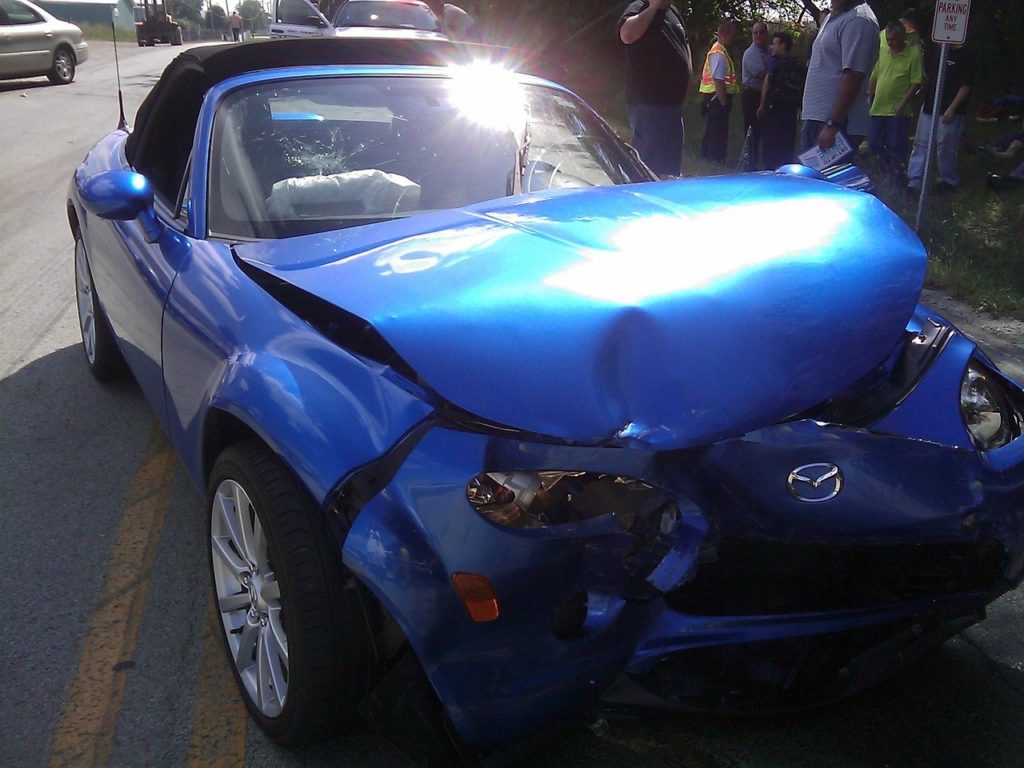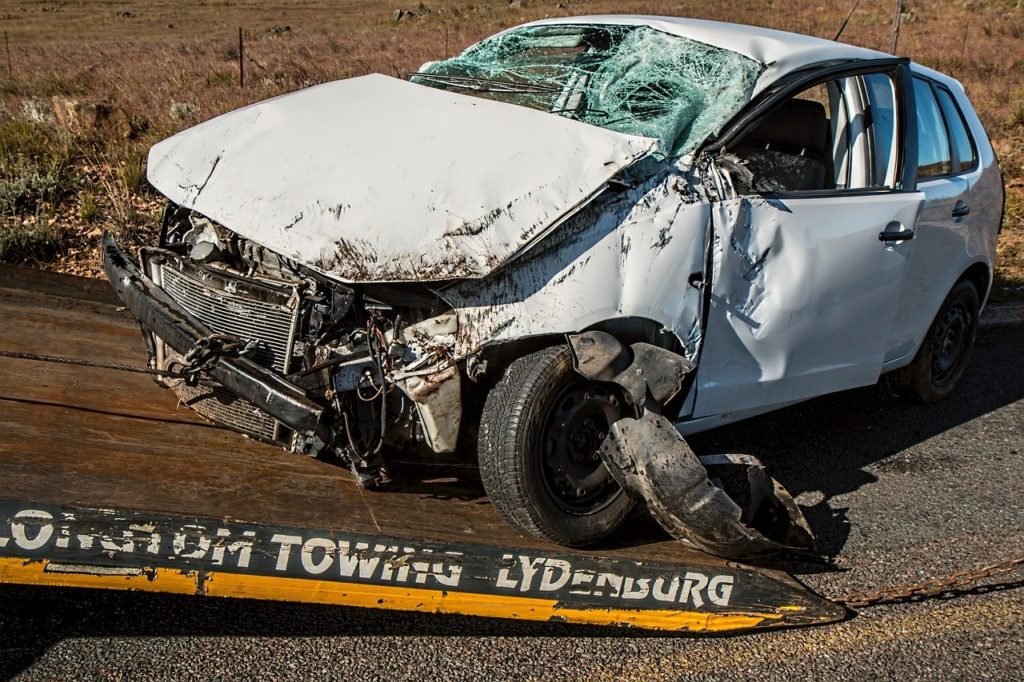According to a recent study done by the U.S. Centers for Disease Control and Prevention, more than 34 million Americans aged 16 and over reported to driving while under the influence of alcohol, marijuana, or some other kind of illicit drug.
If you’re pulled over and arrested for driving while intoxicated, you’ll likely be charged with a DUI or DWI depending on the state you’re in if your blood alcohol level exceeds the legal limit.
But, what is the difference between DUI and DWI, and which one is worse? This article explores in depth everything you need to know about DWI vs DUI.
What Is a DWI?
The standard DWI definition is “Driving While Intoxicated,” although in some states, it stands for “Driving While Impaired.” If someone is charged with a DWI, in most cases, it means that the individual is impaired by a substance other than alcohol.
In some states like Texas, a DWI charge applies specifically to adults driving with a blood-alcohol level that’s above the legal limit. In other jurisdictions, “driving while impaired” refers to any form of incapacitation of a driver’s mental and physical capabilities where alcohol or drugs aren’t necessarily responsible.
So, falling asleep while driving, having a medical illness that causes clouded consciousness, or any condition that renders it impossible for you to safely control your vehicle are all grounds for a DWI charge in these jurisdictions.
What Is a DUI?
The standard DUI definition for most states is “Driving Under the Influence.” The charge is typically associated with drunk driving, although some states also apply it to driving while under the influence of illicit or prescription drugs or any other substances known to cause intoxication.

In many states, the law on DUI is very specific, and the driver must be “operating a motor vehicle” while in an impaired state for an officer to charge them with the offense. This casts the net wider to include anyone who appears to be in physical control of the vehicle even if it isn’t moving. So, sitting in the driver’s seat with the key in the ignition, even if the car isn’t moving, would be deemed a DUI offense.
Which Is Worse, DUI or DWI
The line between the two charges can often get blurred, depending on the state you’re in. However, in the eyes of federal law, they are both the same. The difference only comes about at a state level.
You would need to get familiar with your respective state laws to distinguish between the two offenses. In states where both DWI and DUI are defined in law, more often than not, a DUI charge is considered the lesser offense. First-time offenders in these cases could reduce the DWI charge to a DUI if their blood alcohol concentration (BAC) was below the 0.08% limit.
In other states like Texas, a DWI charge applies to adults (above the age of 21) who are arrested for driving while impaired by alcohol or drugs. A DUI charge in the state, on the other hand, applies to minors who are pulled over for drunk driving.

In some states, a DWI charge applies to driving-while-impaired by illegal narcotics or prescription/over-the-counter medicine while a DUI offense relates to alcohol-related impairment. In other jurisdictions, the DUI charge is drug-related, while the DWI is alcohol-related.
Regardless of the state or jurisdiction, you’re in both DUI and DWI offenses involve some form of alcohol – or drug-induced intoxication, which would give the arresting officer reason to believe that you are too impaired to drive. They are both serious crimes and involve some hefty penalties. The severity of the punishment all depends on whether it is classified as a misdemeanor or felony crime, as well as the respective state laws applicable in your jurisdiction.
DUI and DWI Penalties
If you’re wondering, “Is a DUI a criminal offense?” The answer is – yes, and so is a DWI. Depending on the unique circumstances surrounding your arrest, the penalties you’ll potentially be facing depend on whether you’ve been charged with a misdemeanor or felony DUI.
Misdemeanor DUI
Misdemeanor charges are generally less serious offenses than felonies. A misdemeanor DUI / DWI is typically punishable by some jail- (not prison) time, a fine, probation, and attendance of a mandatory alcohol education program.

For all states, first-time DUI offenders are usually charged with a misdemeanor as long as there are no aggravating factors involved. However, it is still a criminal offense and will appear on your record if someone runs a background check on you.
Felony DUI
If you’re arrested on a standard DUI charge, certain aggravating factors can upgrade it to a felony even for first-time offenders. This, however, is at the discretion of the state prosecutor.
Felonies tend to carry stiffer penalties than misdemeanors. These include substantial fines, at least one year in prison, and other punitive administrative and criminal penalties. Examples of aggravating circumstances that would elevate a misdemeanor DUI / DWI to a felony include:
- If the accident caused bodily harm or injury to others
- If there was a fatality
- If the driver’s BAC exceeded the legal limit by more than double
- If there was a minor in the car at the time of the arrest
- If the driver has prior DUI / DWI convictions within a specified duration
- The driver’s license was suspended, restricted or revoked at the time of the incident
If someone suffers from grievous bodily harm or ends up getting killed in a DUI-related accident, the state prosecutor may add any of the following charges over and above the felony charge:
- Vehicular manslaughter
- Vehicular homicide
- Criminal negligence
A felony DUI cannot be expunged from your records. Some states allow first-time DUI offenders to get their record expunged, provided that they meet the criteria necessary for a DUI record expunction. This includes not having any other conviction on record.
Explore the Best Defense Strategies Available

A DUI or DWI is a serious criminal offense any way you slice it since they both involve driving while impaired by alcohol and/or drugs. While the penalties for each may be different from state to state, their respective severity all boils down to whether you have a misdemeanor or felony charge on your hands. Either way, a competent DUI attorney can help you explore all the possible defense avenues available to you.
If you have more legal questions, you can also chat now with a Laws101.com attorney, where you’ll be instantly connected to a lawyer who can give you legal guidance on your specific case or question.
